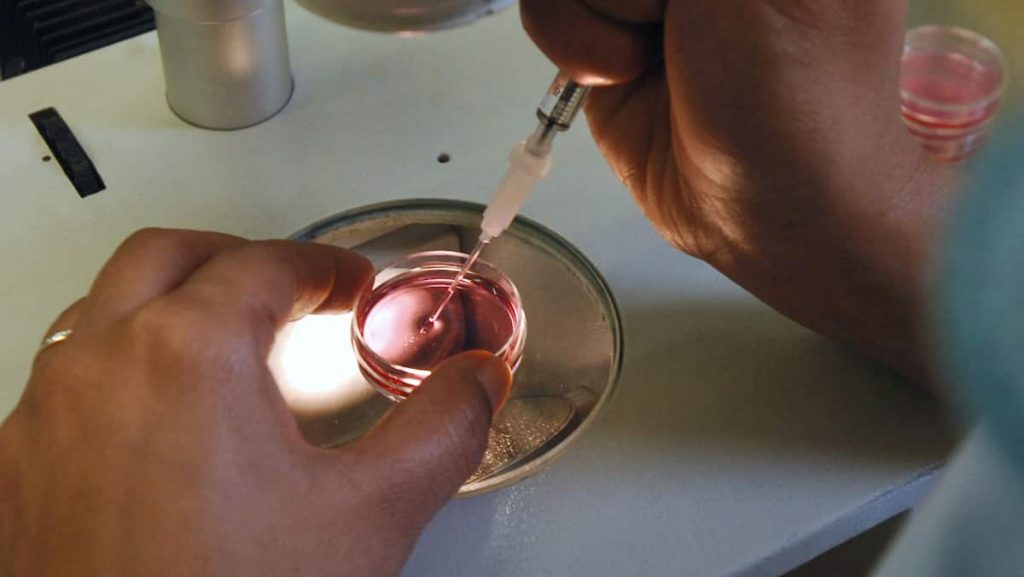
The 14-day time limit for developing human embryos in vitro should be extended to advance knowledge, with experts prescribing on Wednesday prescribing an international scientific framework for this type of research.
In some countries, this research is not framed by law and there is no international legislature melody even when it is. In addition to their local laws, researchers around the world refer to the recommendations of the International Society for Research on Stem Cells (ISSCR).
Their updated version was released on Wednesday, the first time since 2016.
These highly technical recommendations cover extensive research with serious ethical implications, from the implantation of human cells in animal organisms to genetic synthesis, including the creation of organs from stem cells. Sometimes the frontier of science fiction and the area of fear among the general public.
Among the proposed changes, “the most important is the relaxation of the 14-day rule, the restriction on cultivating human embryos intact in the laboratory”, explains the head of the team of 45 scientists behind the recommendations, Robin Lowell-Badge, an Englishman at the Francis Crick Institute in London.
This panel of experts does not propose a new limit, but recommends that 14 days be subject to solid scientific reasons and public consultation in the country where the relevant research takes place.
Robin Lowell-Badge recalled in a comment published in the medical journal that the 14-day limit for fertilization, which must eventually destroy embryos, “appears in the law of several dozen countries, including the United Kingdom and Australia.” Nature.
In France, the limit is not determined by law, but in practice, it is fixed at seven days. The government wants to formally extend it to 14 days as part of the Bioethics Act currently under consideration in Parliament.
For scientists at the ISSRC, however, this barrier is already obsolete.
“When this limit was proposed almost 40 years ago, no one was able to grow a human embryo for 5 days or more. But today, it prevents a critical period between 14 and 28 days (in embryonic development) from being studied,” argues Robin Lowell-Badge.
According to him, the 14-day limit is “before the appearance of the first signs of the formation of the central nervous system”.
However, after 14 days “we know very little about what’s going on in the fetus”, it is considered the “black box” of human development.
“From a moral point of view, we need to better understand this period of human development, and we can consider it by its importance,” continues Robin Lowell-Badge, according to which it helps to increase knowledge about abortions and physical disabilities. Embryos.
This type of research has seen significant progress in recent years.
In March, two teams of researchers announced that they had produced human embryonic structures at an early stage, hoping to learn more about the early stages of development.
These experimental structures correspond to the first stage blastocysts of the embryo, five days after the egg is fertilized by sperm.
These specimens, called “blastoids”, do not develop like natural embryos and are not subject to the 14-day rule.
But this limitation prevents them from verifying what happens in these experimental models and what happens in real embryos, the researchers argue.





More Stories
Allegations of corruption Qatar warns of ‘negative impact’ of European measures
USA: Famous “Hollywood cat” euthanized in Los Angeles
The campaigner who called for the shooting of Ukrainian children has not been charged